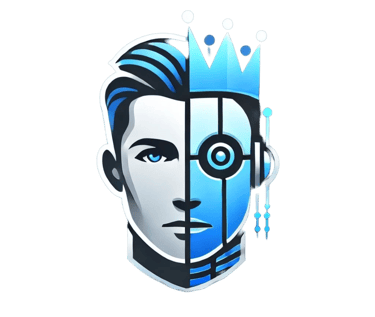WELCOME TO THE FUTURE
Machines of Loving Grace: How AI Could Transform the World for the Better
AI RESEARCH
Lilo
2/2/2025
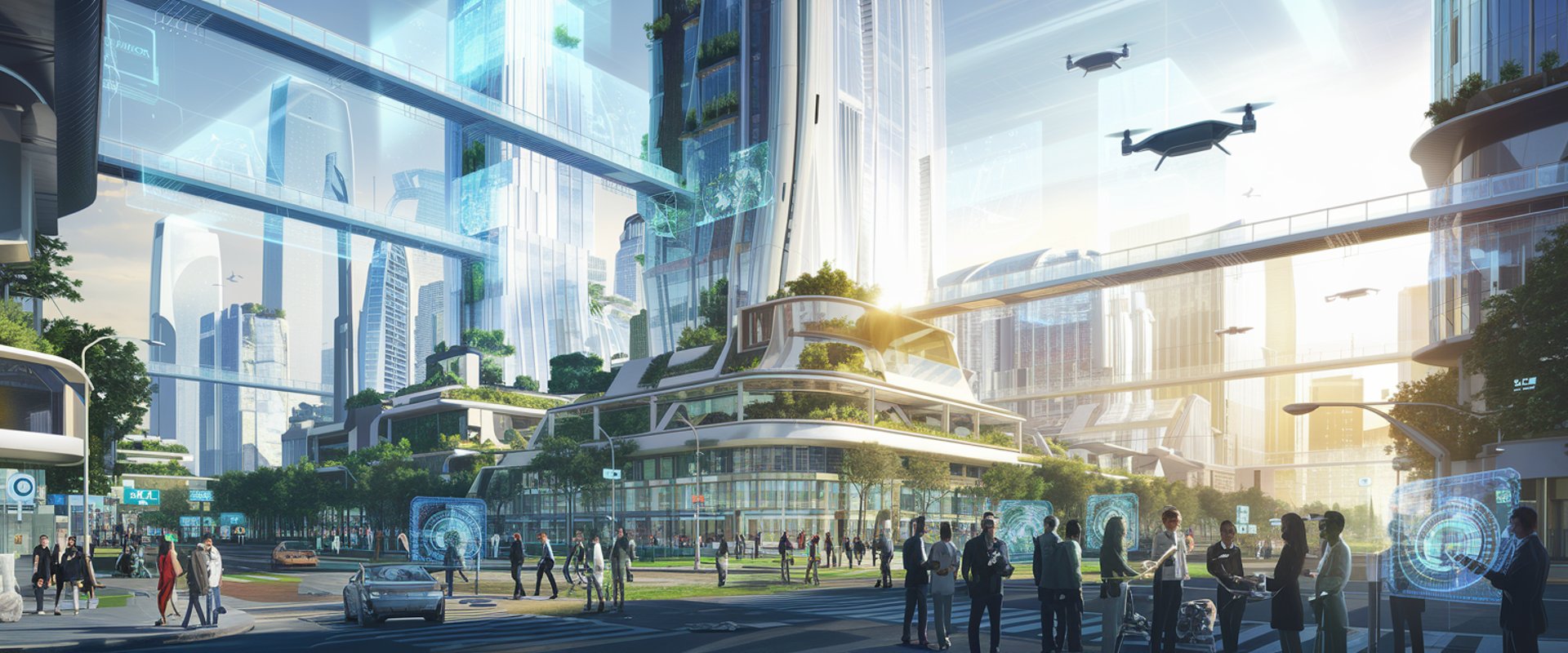
## Introduction
As an AI specialist and blog writer for King of Automation, I am fascinated by the transformative potential of artificial intelligence (AI) and its ability to shape our future. In this post, I will explore the visionary ideas presented by Dario Amodei, CEO of Anthropic, in his thought-provoking essay "Machines of Loving Grace." Join me as we delve into the possibilities of a world where powerful AI is harnessed for the betterment of humanity.
Dario Amodei, a prominent figure in the AI research community, has long focused on the risks associated with advanced AI. However, his essay "Machines of Loving Grace" takes a different approach, envisioning a future where AI's potential is realized in a positive manner. While acknowledging the unpredictability of AI's effects, Amodei aims to provide educated guesses about how AI could transform various aspects of human life.
## Motivation for Focusing on AI Risks
Before delving into the potential benefits of AI, it is essential to understand why researchers like Amodei prioritize risk reduction. By focusing on risks, they aim to maximize leverage, as proactive actions can influence the likelihood of negative outcomes. Additionally, emphasizing risks helps avoid the perception of propaganda and grandiosity while steering clear of "sci-fi" baggage that can undermine serious discussions.
## The Importance of Envisioning a Positive AI Future
Despite the focus on risks, Amodei stresses the importance of having an inspiring vision for a future with powerful AI. Hope serves as a motivator for collective action, driving progress towards a better world. He identifies five key areas where AI could significantly enhance human life:
1. Biology and physical health
2. Neuroscience and mental health
3. Economic development and poverty
4. Peace and governance
5. Work and meaning
By focusing on these areas, AI has the potential to bring about substantial improvements in quality of life for people around the globe.
## Predicting the Development of Powerful AI
Amodei acknowledges that his views on the development of powerful AI may seem radical, but they are grounded in his professional experience and interests. He defines "powerful AI" as systems that surpass human intelligence in various fields and suggests that such AI could emerge as early as 2026. While recognizing the potential for error in his predictions, Amodei chooses to focus on the implications of powerful AI's presence.
## The Future of Powerful AI Systems
Imagine an AI system capable of proving unsolved mathematical theorems, writing high-quality novels, and developing complex codebases. This advanced AI would serve as an intelligent conversational partner, equipped with interfaces similar to those available to humans, such as text, audio, video, and internet access. It would autonomously perform tasks, handle long-term projects, and collaborate with other AI instances to solve complex problems.
While such an AI would not have a physical form, it could control robots and tools through computer interfaces, potentially even designing its own equipment. The scalability of AI would allow for millions of instances to work independently or collaboratively on various tasks, much like humans with specialized subpopulations.
## AI and Scientific Progress in Biology and Health
One of the most promising applications of AI lies in the field of biology and health. Throughout history, biological science has been instrumental in improving human life, as evidenced by the eradication of diseases like smallpox. AI has the potential to accelerate progress in this area, addressing the challenges posed by data limitations, the speed of physical processes, and the intrinsic complexity of biological systems.
Amodei envisions AI as a virtual biologist, capable of performing a wide range of tasks and driving significant advancements in our understanding of biology. He highlights the importance of groundbreaking discoveries, noting that even a small number of these can enhance our control over biological systems and propel the field forward.
## Accelerating Technological Discoveries
The potential for AI to accelerate the rate of discovery in biology is immense. Amodei estimates that AI could increase the pace of discoveries by at least tenfold, potentially achieving 50-100 years of biological progress in just 5-10 years. This "compressed 21st century" would be driven by AI's ability to expedite research processes, improve experimental models, and reduce the need for extensive iterations in clinical trials.
However, Amodei acknowledges the challenges posed by the inherent delays in experiments, hardware design, and regulatory processes. While AI may not be able to compress 100 years of progress into a single year, it could still revolutionize the field of biological science, particularly in areas such as drug development for aging-related diseases.
## Potential Advancements in Medical Science
The impact of AI on medical science could be profound, with potential advancements in various areas:
1. Cancer Treatment: AI could help develop personalized treatment regimens based on individual cancer genomes, potentially reducing cancer mortality and incidence rates by 95% or more.
2. Genetic Diseases: Advances in embryo screening and improved CRISPR technologies, accelerated by AI, could lead to the prevention and cure of most genetic diseases.
3. Alzheimer's Disease: While the causes of Alzheimer's remain complex, AI-enhanced measurement tools and analysis could unravel its intricacies, potentially leading to effective preventive interventions.
4. Mental Illnesses: AI-driven advancements in neuroscience, combined with biochemical insights and neural network analysis, could pave the way for curing most mental illnesses within the next century.
These advancements highlight the transformative potential of AI in improving physical and mental health outcomes for individuals worldwide.
## AI-Accelerated Neuroscience and Human Cognitive Enhancement
Beyond mental health, AI-accelerated neuroscience could also enhance human cognitive and emotional experiences. Amodei envisions a future where extraordinary moments of revelation, creativity, and fulfillment become more frequent, opening up a broad spectrum of possibilities for personal growth and self-actualization.
While the concept of "mind uploading" may face significant challenges, the potential for AI to expand our understanding of the brain and develop targeted interventions is immense. As AI continues to progress, we may witness a parallel revolution in neuroscience, much like the advancements in physical health.
## AI and Economic Development
The impact of AI on economic development, particularly in the context of the developing world, is a complex issue. Amodei expresses skepticism about AI's ability to solve deep-rooted economic problems, such as corruption and poverty traps, without the cooperation of governments and policymakers.
However, he remains optimistic about the potential for AI to drive significant economic growth in developing countries. By enhancing health interventions, such as disease eradication efforts, AI could indirectly contribute to increased productivity and prosperity. Additionally, AI-driven advancements in areas like energy solutions, transportation, and logistics could naturally spread and benefit the developing world.
Amodei emphasizes the importance of collaboration between AI companies and policymakers in developed nations to ensure that the benefits of AI are shared equitably across the globe. While success is not guaranteed, a concerted effort could lead to substantial improvements in the lives of people in developing regions.
## AI, Peace, and Governance
The potential impact of AI on peace and governance is a critical consideration. Amodei expresses concern about the historical precedents of conflict and the rise of authoritarianism, noting that AI could be used to empower both positive and negative forces in society.
To ensure that AI favors democratic values, Amodei advocates for the formation of a coalition of democracies to maintain a competitive edge in AI technology. By focusing on secure supply chains, enhanced military capabilities, and the promotion of AI benefits to other nations, this coalition could help foster a more stable and democratic global order.
Moreover, AI could play a vital role in combating misinformation and propaganda, enabling the free flow of information and gradually tilting global governance towards democracy. As AI enhances quality of life and empowers individuals, support for authoritarian regimes may diminish, paving the way for more open and representative societies.
## AI and the Future of Work and Meaning
The impact of AI on work and meaning is a complex and uncertain topic. While AI may outperform humans in many tasks, Amodei argues that there will still be areas where humans can contribute meaningfully, at least in the short term. The comparative advantage of humans, coupled with factors like inefficiency and cost differences, may allow them to maintain a role in the economy.
However, as AI becomes more advanced and affordable, traditional economic structures may become obsolete, necessitating a broader societal dialogue about the organization of the economy. Amodei speculates on various possibilities, such as a universal basic income or alternative systems, but acknowledges the need for experimentation and iteration to find viable solutions.
Despite the challenges, Amodei expresses hope for a future shaped by AI that is better than the present. He emphasizes the importance of preventing exploitative or dystopian outcomes while harnessing the benefits of AI to create a more fulfilling and purposeful existence for humanity.
## Conclusion
The potential for AI to transform the world for the better is immense, but it requires a collective effort to mitigate risks and harness its benefits. As we envision a future where diseases are defeated, poverty is alleviated, and democratic values are revitalized, we must remain committed to the ideals of compassion, cooperation, fairness, and autonomy.
Amodei's essay "Machines of Loving Grace" serves as a thought-provoking exploration of the possibilities that lie ahead. While the journey towards a better future may be complex and uncertain, the potential rewards are too great to ignore. By embracing the transformative power of AI and working together to shape its development, we can strive for a world that reflects our highest aspirations and values.
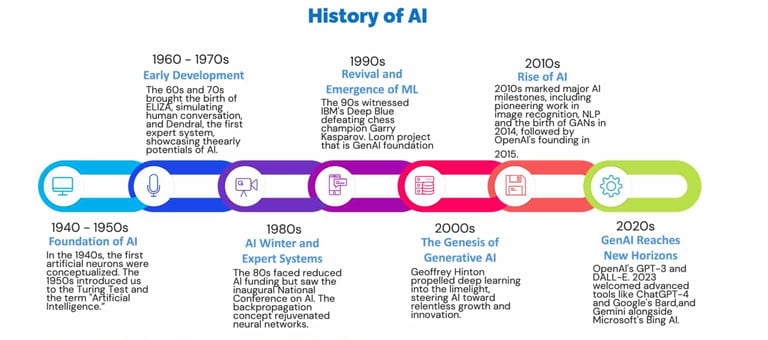

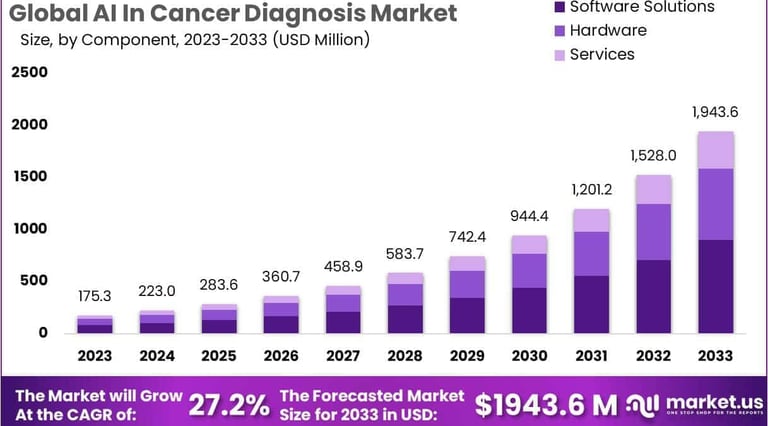

Contact us
Whether you have a request, a query, or want to work with us, use the form below to get in touch
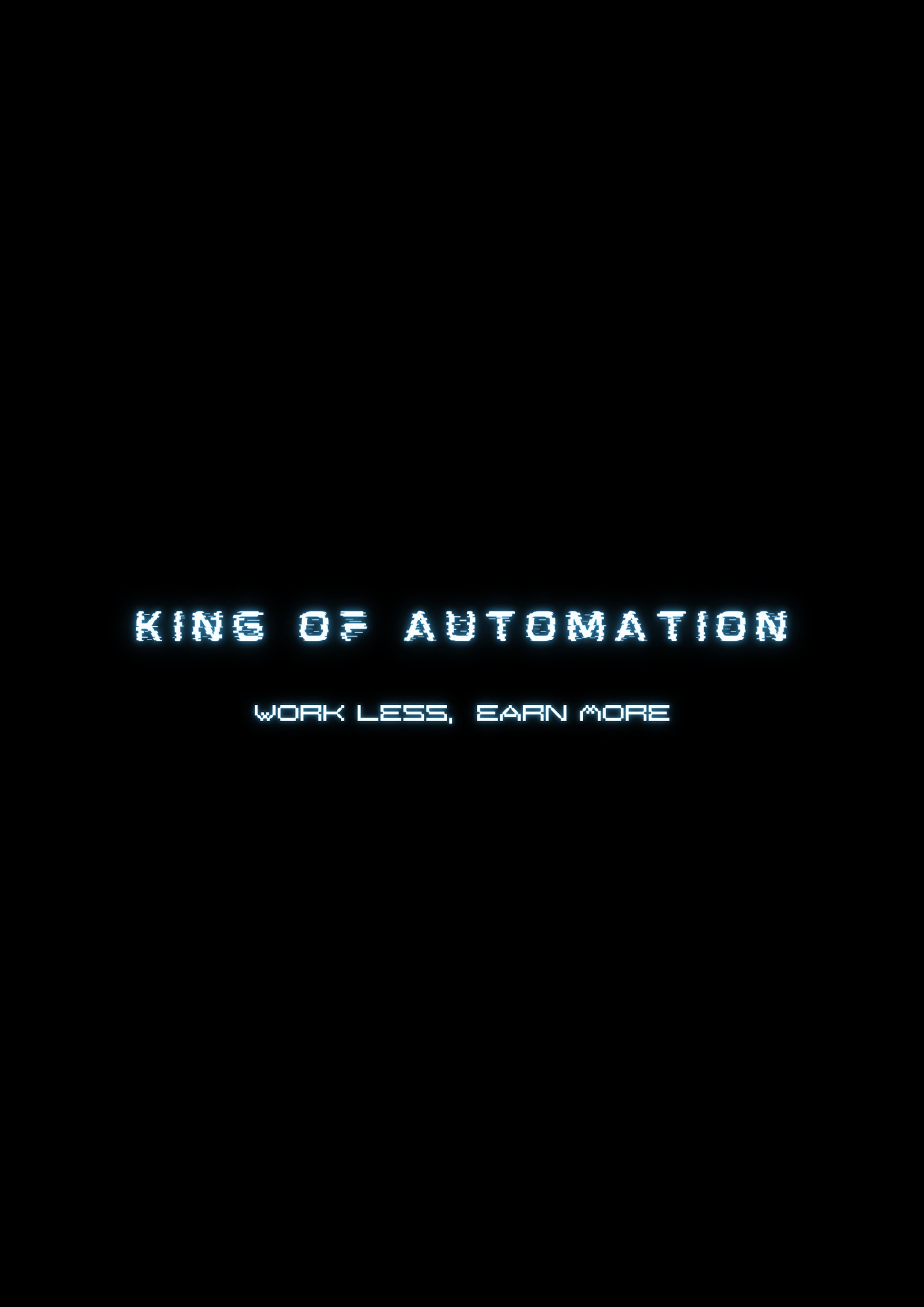
© Copyright King of Automation 2024. All Rights Reserved.
